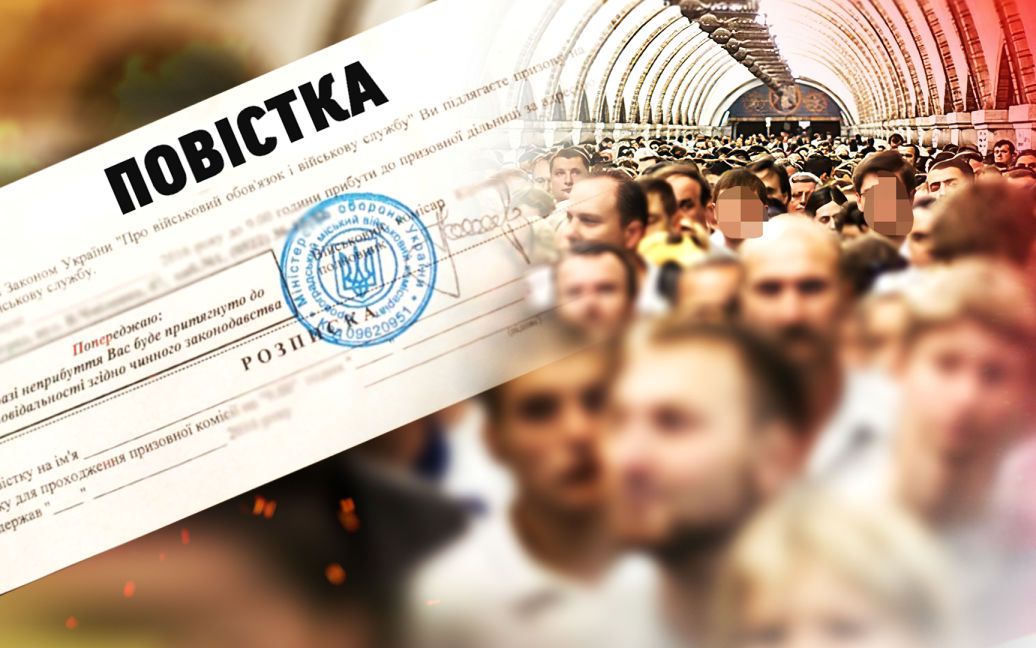The decision made by the Sixth Administrative Court of Appeal on April 25, 2024 in case No. 759/1018/
24 casts doubt on the widespread belief that refusal to receive a call-up automatically relieves a person of the obligation to report to a military commissariat within the prescribed time frame. The court concluded that the fact of refusal is not in itself a violation of the law, but it does not relieve citizens of liability for failure to comply with an order to appear within the prescribed time frame.
Let's take a closer look. A summons to a military commissariat (MCC) is an official document that orders a citizen to report within a specified timeframe to fulfill certain duties, such as medical examination, military service, etc. However, the mere refusal to receive a summons does not mean that the citizen is released from the obligation to appear at the TCC within the specified time.
The court also notes that the presence or absence of a reservation for the period of mobilization is not a determining factor in the context of the execution of an order to report to the MCC. A citizen still has to report to the MCC in accordance with the order, even if he or she has not received a summons or has refused it. However, this does not mean that refusing to receive a summons is a legitimate action. It simply does not create an offense of failing to appear before the TCC within the specified time limit.
The court's decision emphasizes the importance of complying with laws and executing orders, but also takes into account the rights of citizens to refuse to receive summonses. Thus, this decision calls for a more careful consideration of the circumstances of each case and weighing the interests of the state and the rights of citizens in the context of obligations to military commissariats.
It also provides for penalties, which we will discuss below.
Penalty for failure to appear at the MCC: the Council has determined the amount of punishment for evaders
For violation of the rules of military registration during mobilization or failure to update personal data under martial law, men of military age are proposed to be fined in the amount of 17 to 25.5 thousand hryvnias. This was announced by a member of the Verkhovna Rada Committee on Law Enforcement, MP Oleksandr Bakumov, during a telethon on Thursday, May 2.
He said that the relevant committee had reviewed and approved a table of amendments to the second reading of draft law No. 10379 on fines for violating the rules of military registration. According to him, the document was liberalized.
"The committee did not support the fines proposed by the government, which range from 153 to 204 thousand hryvnias for citizens. Today, we have potential liability under martial law from 17 to 25.5 thousand hryvnias for failure to register for military service or to update information about oneself with the relevant military registration and enlistment center," Bakumov said.
A fine can also be issued if a person fails to appear at the relevant recruitment centers, recruitment centers or relevant military units, if he or she has the status of a reservist or a person assigned to a specific military unit.
The parliamentarian also said that the committee had excluded criminal liability for failure to undergo a military medical commission, which was proposed by the Cabinet of Ministers.
At the same time, he emphasized that this draft law cannot solve the issue of motivation for military service, as it is not directly related to it. The MP also added that the term for imposing an administrative penalty is proposed to be set at 1 year, not 3 years from the date of the offense, as proposed by the Cabinet of Ministers.
As a reminder, on April 10, the Verkhovna Rada supported in the first reading the draft law No. 10379 on strengthening responsibility for violating the rules of military registration.
On May 18, the law on strengthening mobilization in Ukraine comes into force. According to the law, Ukrainians liable for military service aged 18 to 60 must update their data in the military registration and enlistment office. However, this document does not provide for fines.
Thus, we can see that the adopted amendments to the current law were adopted taking into account the changes in the requirements of the time and the imposed martial law in Ukraine, as well as the fact that a legal analysis of the situation, analysis of documents and verification of documents by a lawyer and a legal opinion were conducted.





























